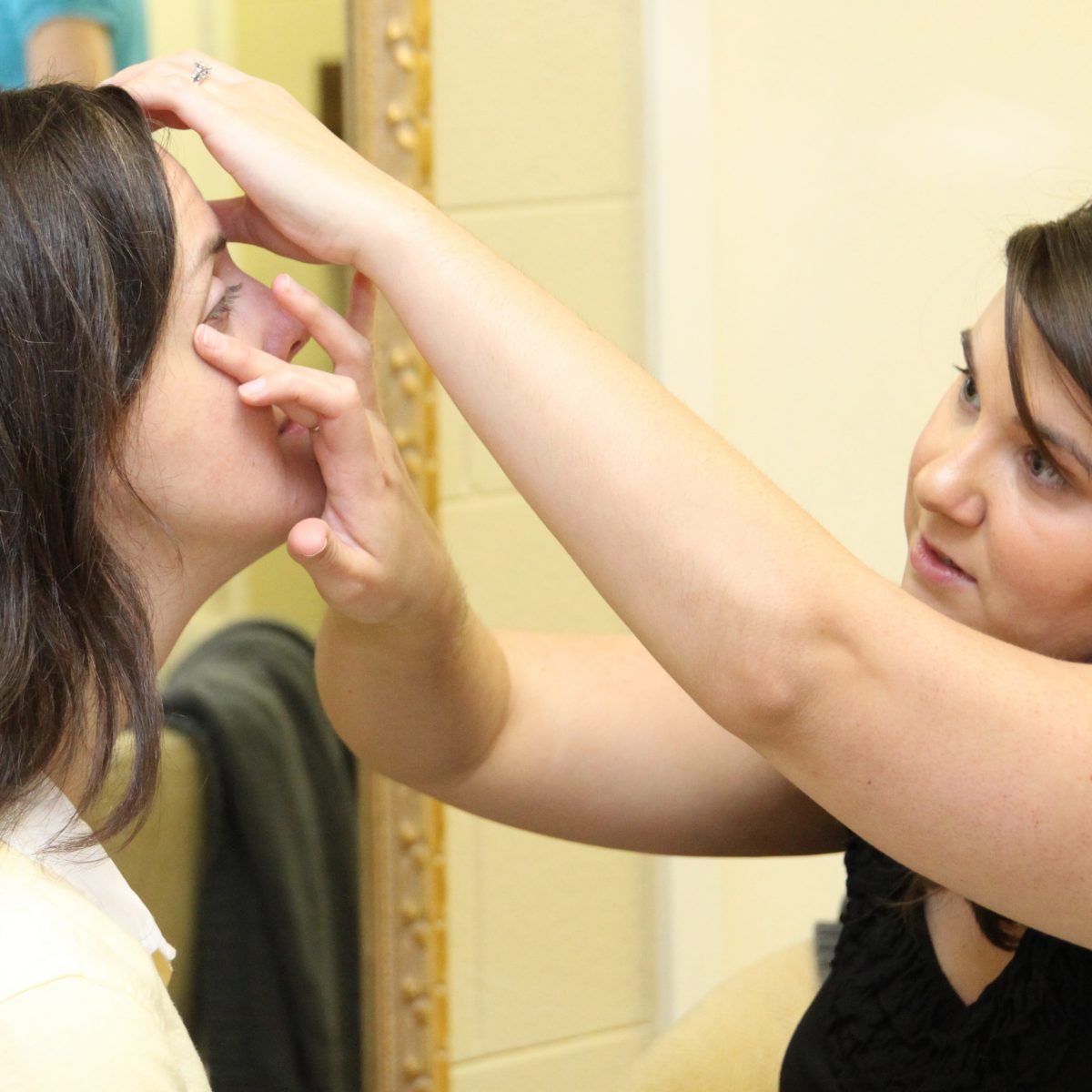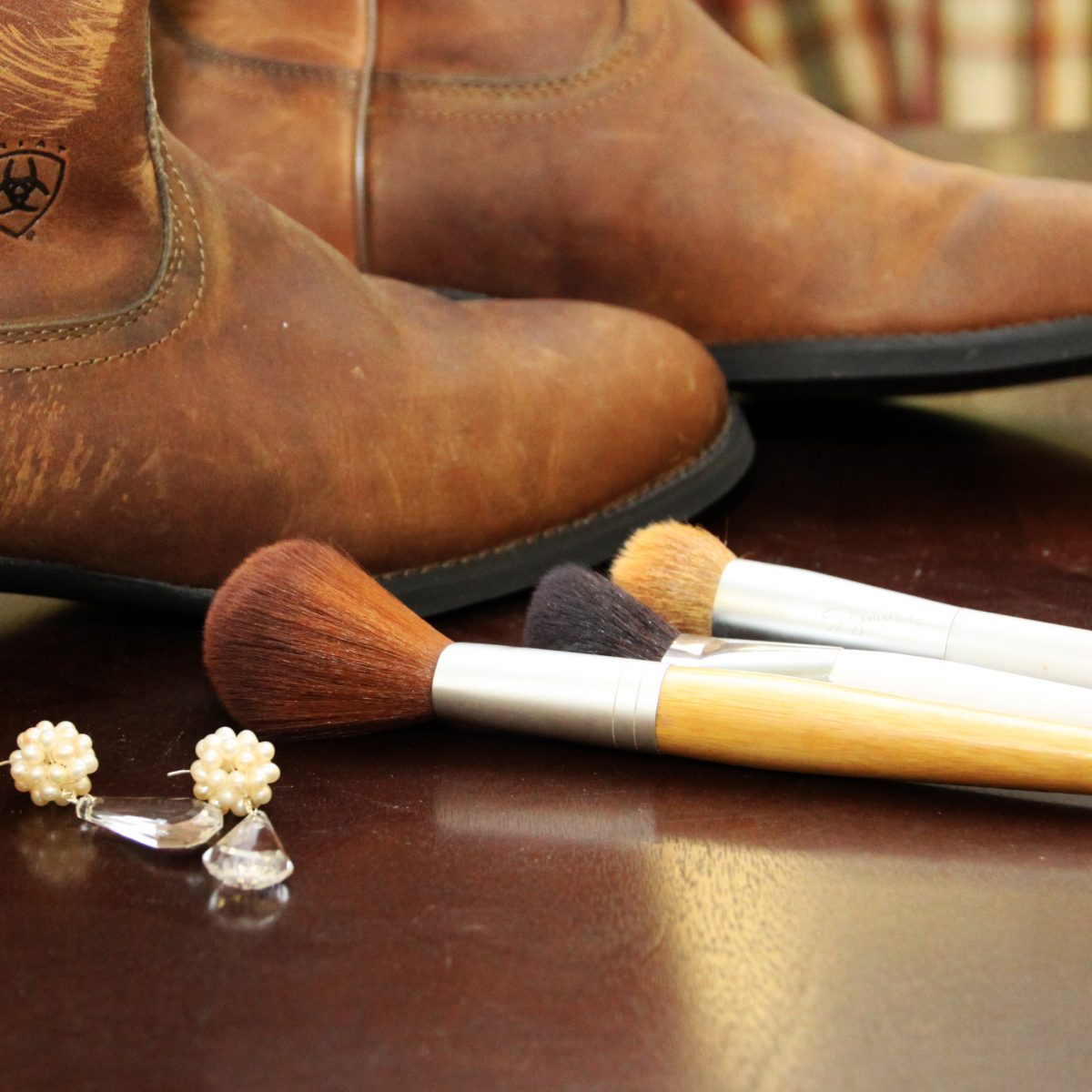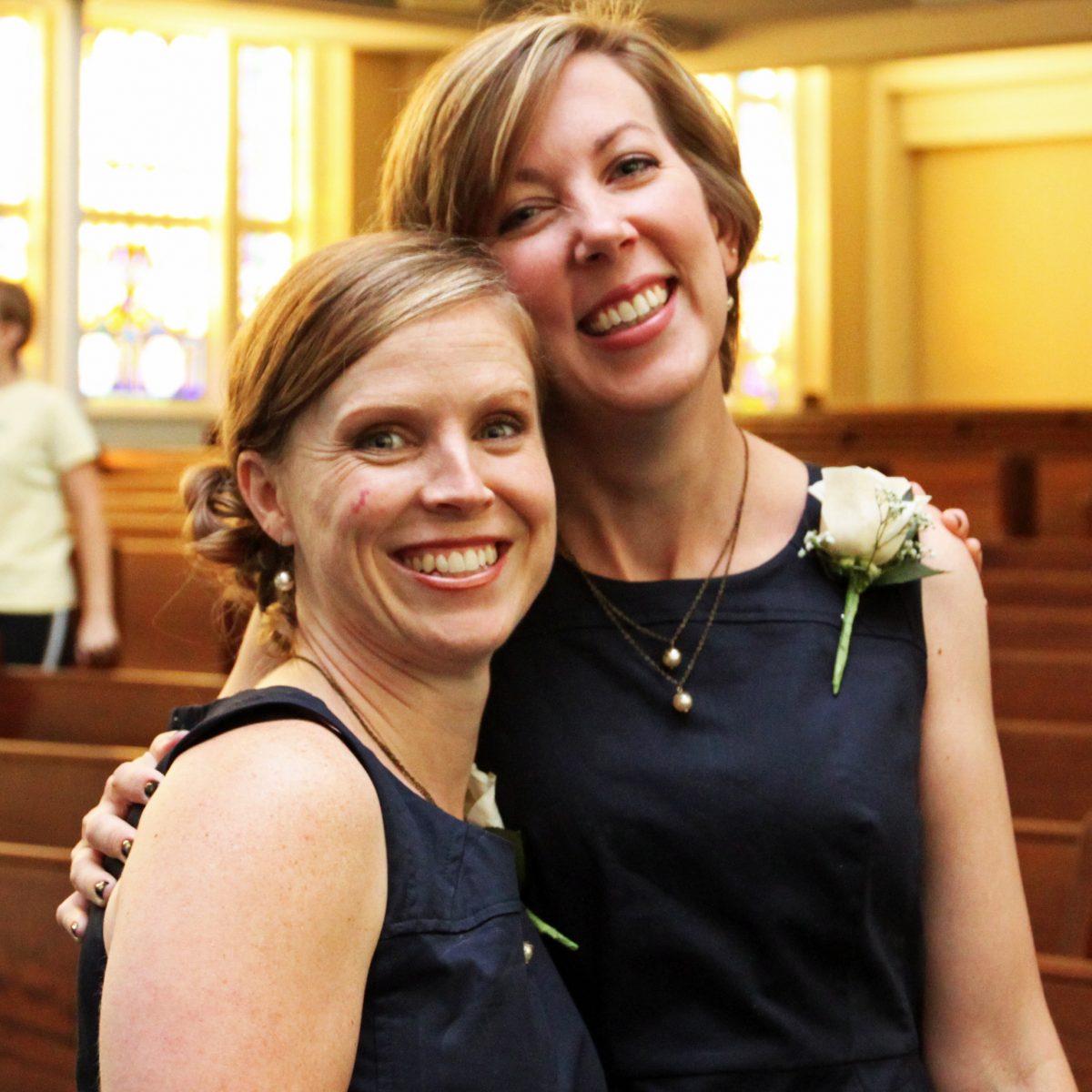This is a direct re-post from a blogger from The Village Church in Flower Mound, Texas. I loved this post for the most part and wanted to share it with you. I want to meet Jen Wilkin. Some people you instantly connect with – I’d like her to be one of those people.
Do you have any thoughts? (My fave thoughts from her are in bold). And yes, you may already be thinking to yourself: Self, Kim doesn’t have children yet, she’ll change her mind.” I have had these thoughts and feelings and convictions for a long time. So, bring me your thoughts, I’ll try to answer them and listen to yours. How are we going to teach our children how to worship God in “big church” if we don’t bring them in with us to have family worship time together with the church body as a whole?
I explored the “Why” of bringing school-aged children into weekend worship with their parents. I thought a follow-up post on the “How” might be helpful. While our hearts may urge us to bring our kids to worship, our heads may question exactly how we’re supposed to make that happen. What if my child is a distraction? What if I have to leave the service? Don’t let fear of the unknown keep you from cultivating this vital shared experience for your family – it really is possible to bring small children to Big Church in a way that builds up your children, your family and the church body. Here are a few suggestions that proved helpful to our family as we began transitioning our small kids to Big Church.
Begin with the end in mind.
As parents, we make decisions for our children’s future, not merely for their present. This means we begin with the end in mind, asking the question: “Where do I want my children to worship when they are adolescents?” Then we think strategically about how to train them to that end. If we wait until they are adolescents to bring them to worship with us, we wait too long to model worship for them and we heighten the unfamiliarity they will feel entering that environment. Far better to ease them into their rightful place in corporate worship during their younger, more teachable years. This might mean that in the short term they sit in a room that does not always engage them at their level. And that’s really okay. Your child may not catch every sermon point, but attending with you is still a huge win because of the modeling they will see and the familiarity they will develop. And you might be surprised by how much they do take away.
Start small, but definitely start.
For our family, the transition to Big Church began at age five. If having your child with you every week in worship feels overwhelming, start with once a month and work your way up to every week. A kindergartner is old enough to sit through a worship service in a respectful and participatory manner as long as a clear expectation has been set, which leads me to…
Set the expectation.
Before coming to Big Church together, explain its purpose to your child: it is a time for believers of all ages to enjoy worshipping God together. It is a place where both children and adults belong. Talk about how long the service will last. Talk about the order
for worship: first we greet each other, then we sing, then we listen to the pastor, then we pray. Finally, set specific, age-appropriate expectations along
three lines: Behave-Follow-Listen
1. Behave Explain to your child that we behave well during Big Church. We use self-control so we can worship and allow those around us to worship.
-
We sit upright (no sleeping) and keep our belongings and hands to ourselves. We try not to wiggle.
-
We keep our shoes and socks on.
-
We potty and get a drink before and after the service, not during. (Remember to take the child for both of these needs before the service starts.)
-
If we must speak to mom or dad, we whisper.
2. Follow Explain to your child that we follow along during worship. We do what everyone else is doing as part of sharing worship together.
-
We stand when others stand (sit, pray, sing, greet, give, etc.) Help your child meet this expectation by guiding him through the participation process during the service. Sit where he can see the song lyrics on the screen or share your hymnal with him. Help him turn to the scripture reading, following along with your finger while it is read. If an offering is taken, let your child drop the envelope in the plate or offering box. Model how to pray, sing and greet others.
3. Listen
Talk to your child about the importance of listening to people who God has placed over us: a teacher, a police officer, a parent. Explain that a pastor
is also placed over us by God. We listen to him because he teaches us God’s truth. He does this in Big Church during the sermon. When you go to worship, give your child a small, age-appropriate assignment to help her listen to the message:
- “Write down three words you heard that you didn’t know.”
- “Draw a picture of something the pastor talks about.”
- “Write down something true that God showed you through the sermon.”
Set them up to win.
Now that you’ve set an expectation for how you want your child to act in Big Church, take a few steps to help her meet that expectation.
· Have a special “church-only” tote filled with a Bible and noise-free activities for your child to do during the service. If your church does not allow food or drink in the sanctuary, do not bring them for your child. Even if they do allow it, think twice about bringing it from a noise and mess perspective. Leave electronics at home. Make sure your phone is off limits to your child during the service.
· If Children’s Church does not teach your children the songs sung in Big Church, burn a CD of them for your child to listen to in the car, during room time, etc. Even better, if your church has its own worship CD, play it so your kids will be familiar with the music.
· If possible, introduce your child to your pastor and worship leader. A child is more likely to Behave-Follow-Listen if she feels seen and known by the person leading the service.
· In your early attempts, consider giving a reward for meeting the expectation of Behave-Follow-Listen: “If you follow along, behave well, and listen
during the service we will go for ice cream after church.”
Debrief and reinforce.
After attending Big Church together, remember to talk to your child about how it went and what could go differently next week.
· Ask your child for feedback: “What did you learn in church today?” “What was your favorite part of worship?” “Tell me about what you drew.” Talk about what you liked from the sermon in terms they can understand.
· Affirm success: “I liked how you sat quietly and colored, even though the sermon went long today.”
· Correct failure: “Next week I want you to try to wait to ask me questions until after the service.”
· Reset/re-emphasize the expectation of Behave-Follow-Listen for next week.
· Reinforce the sermon message: plan a family devotion or service activity to correspond with what the pastor talked about.
Persevere.
Be patient and don’t give up!
It takes many offerings of leafy greens before a child learns to eat them, and many more before she learns to enjoy and value them. Big Church is also an acquired taste and a learned value. Allow your child time to develop his taste for the spiritual food of corporate worship. The act of worship takes self-control – believers of every age must learn to set aside distractions and devote our full attention to the adoration of God. Self-control takes time to develop for all of us, and especially for children. Give grace during that process. The One you are training them to worship is a patient Father to you. Persevere in training your child to take his rightful place among the community of believers. Before you know it, Big Church will be just the right size for everyone in the family.
Give ear, O my people, to my
teaching; incline your ears to the words of my mouth! I will open my mouth in a
parable; I will utter dark sayings from of old, things that we have heard and
known, that our fathers have told us. We will not hide them from their children,
but tell to the coming generation the glorious deeds of the Lord, and his might,
and the wonders that he has done. Psalm 78:1-4






